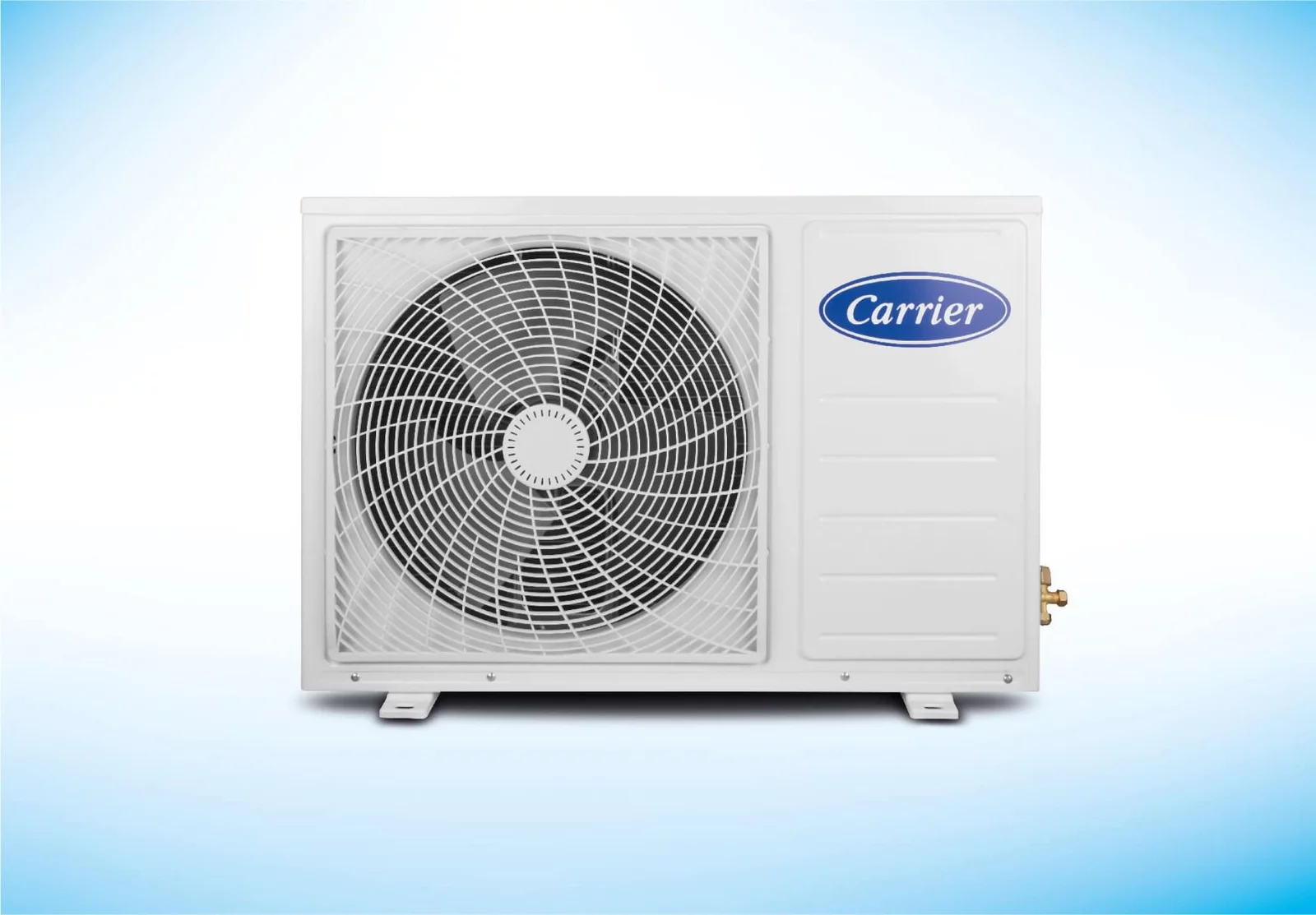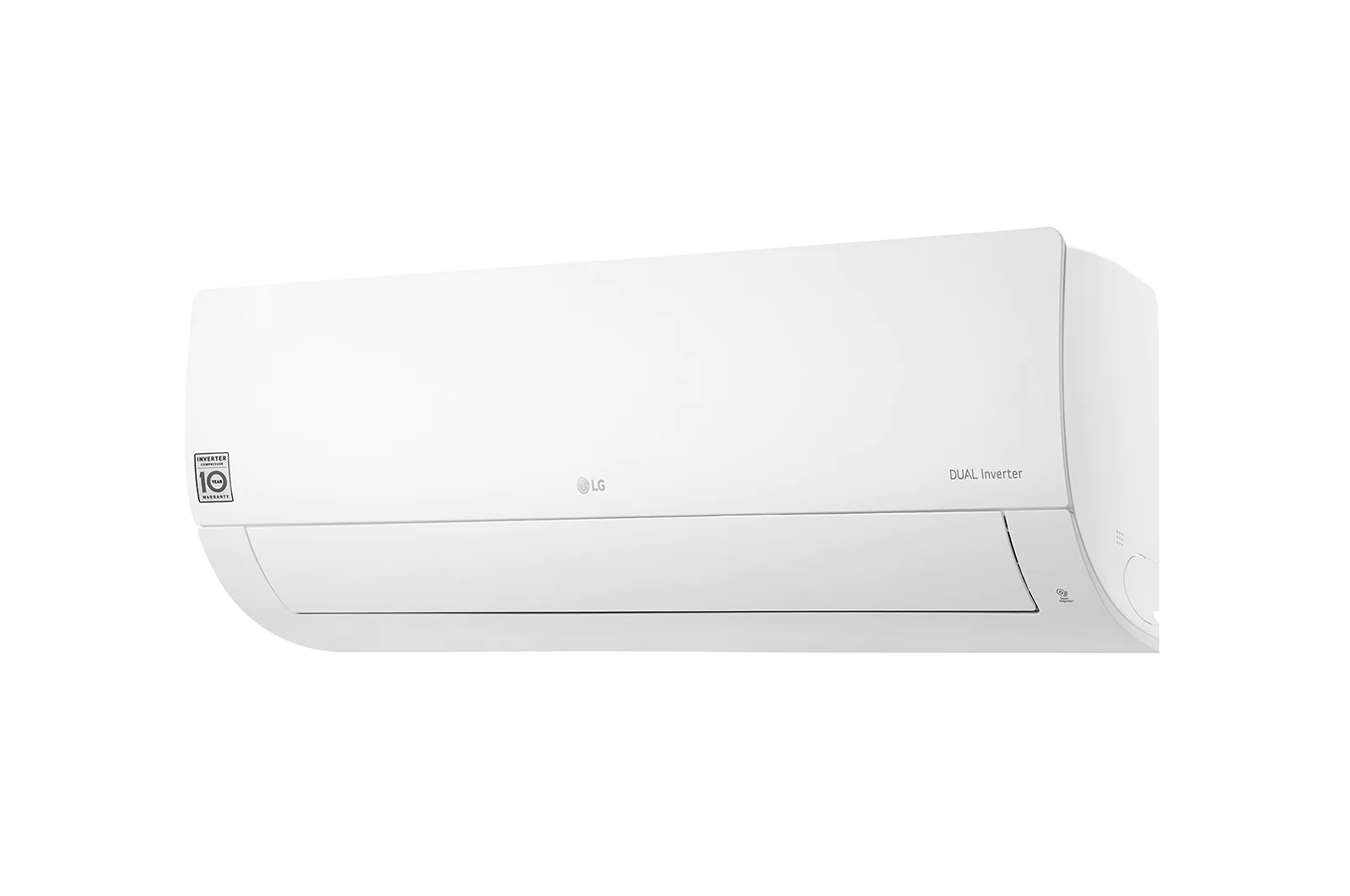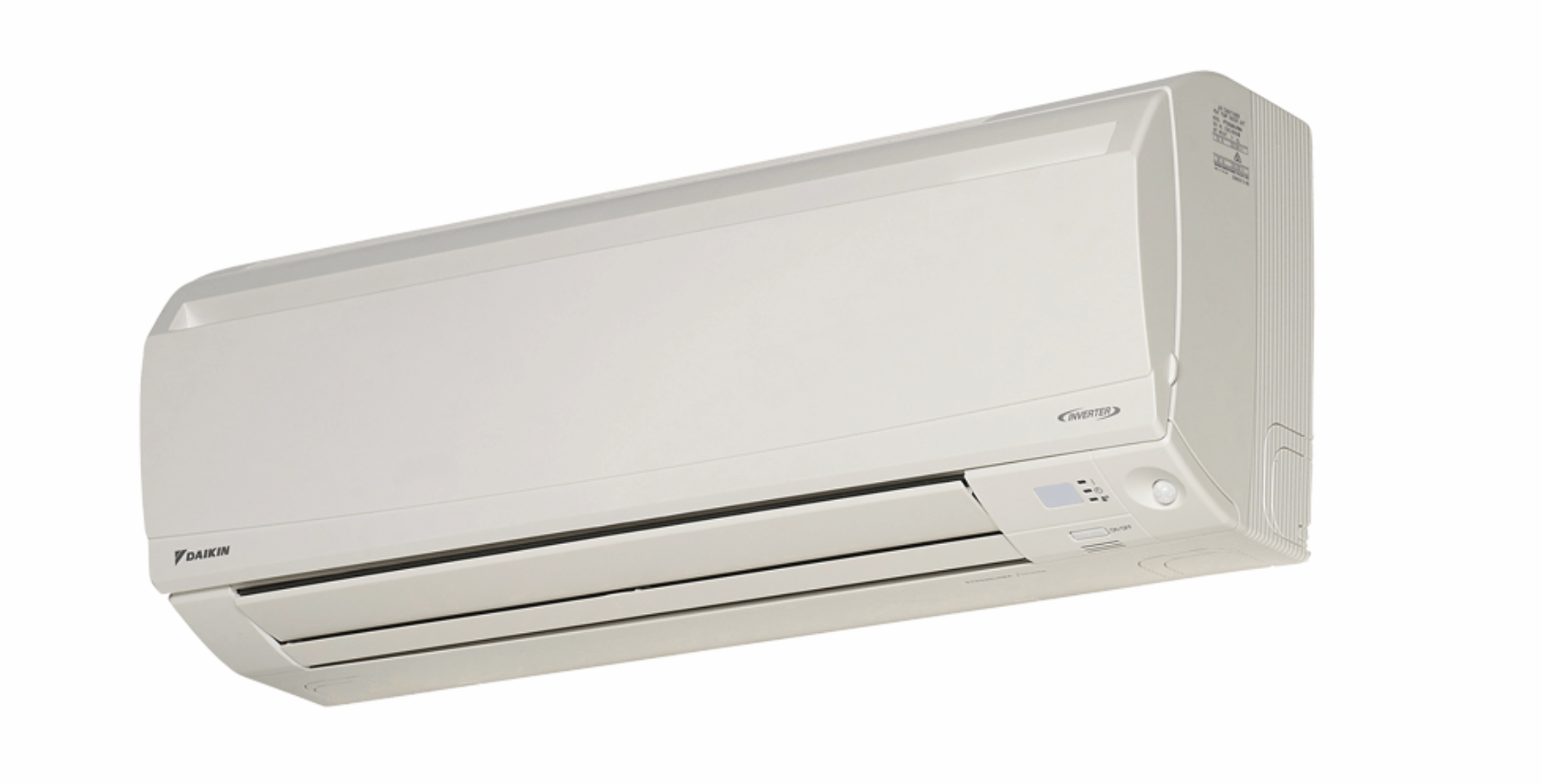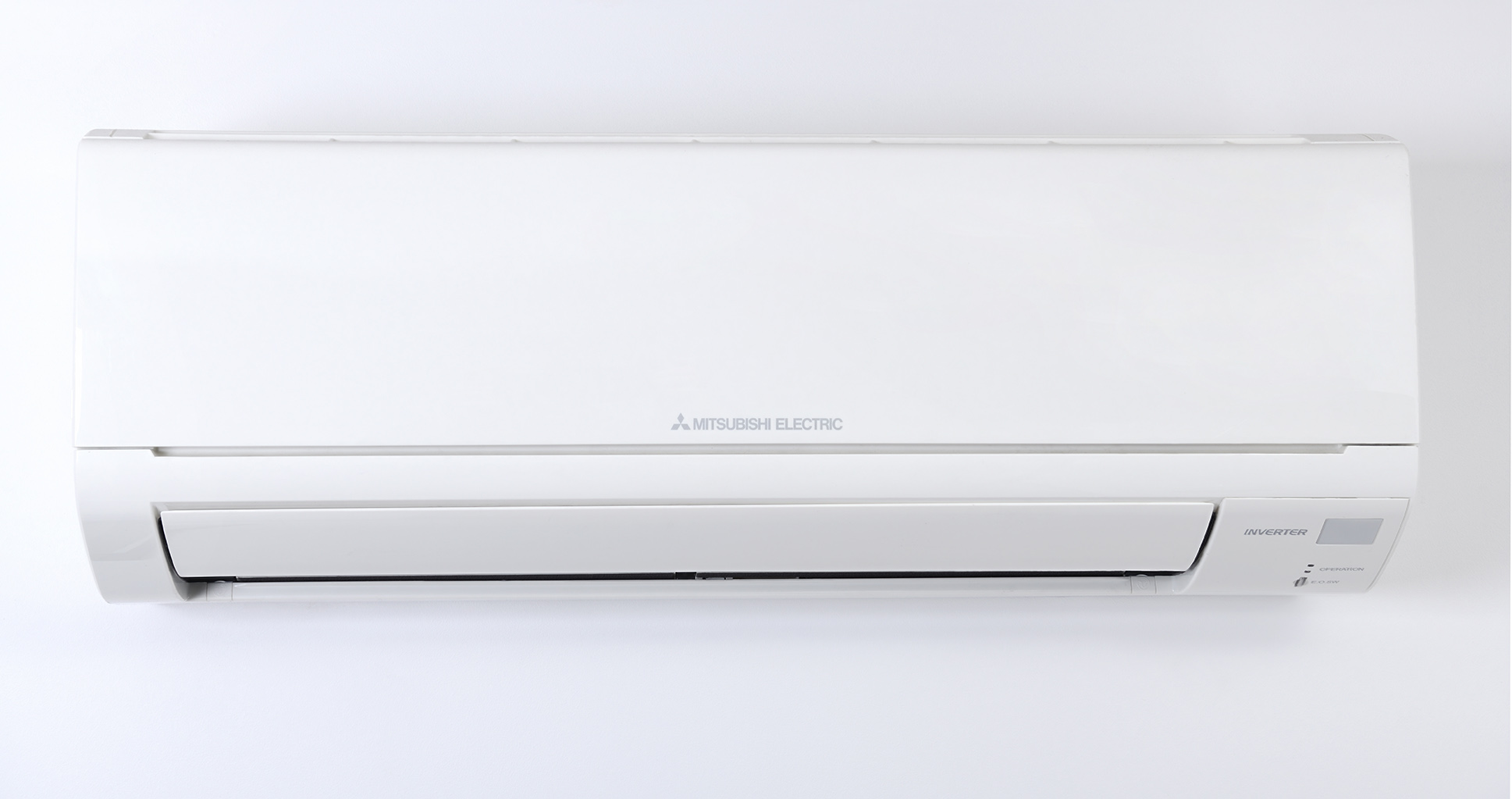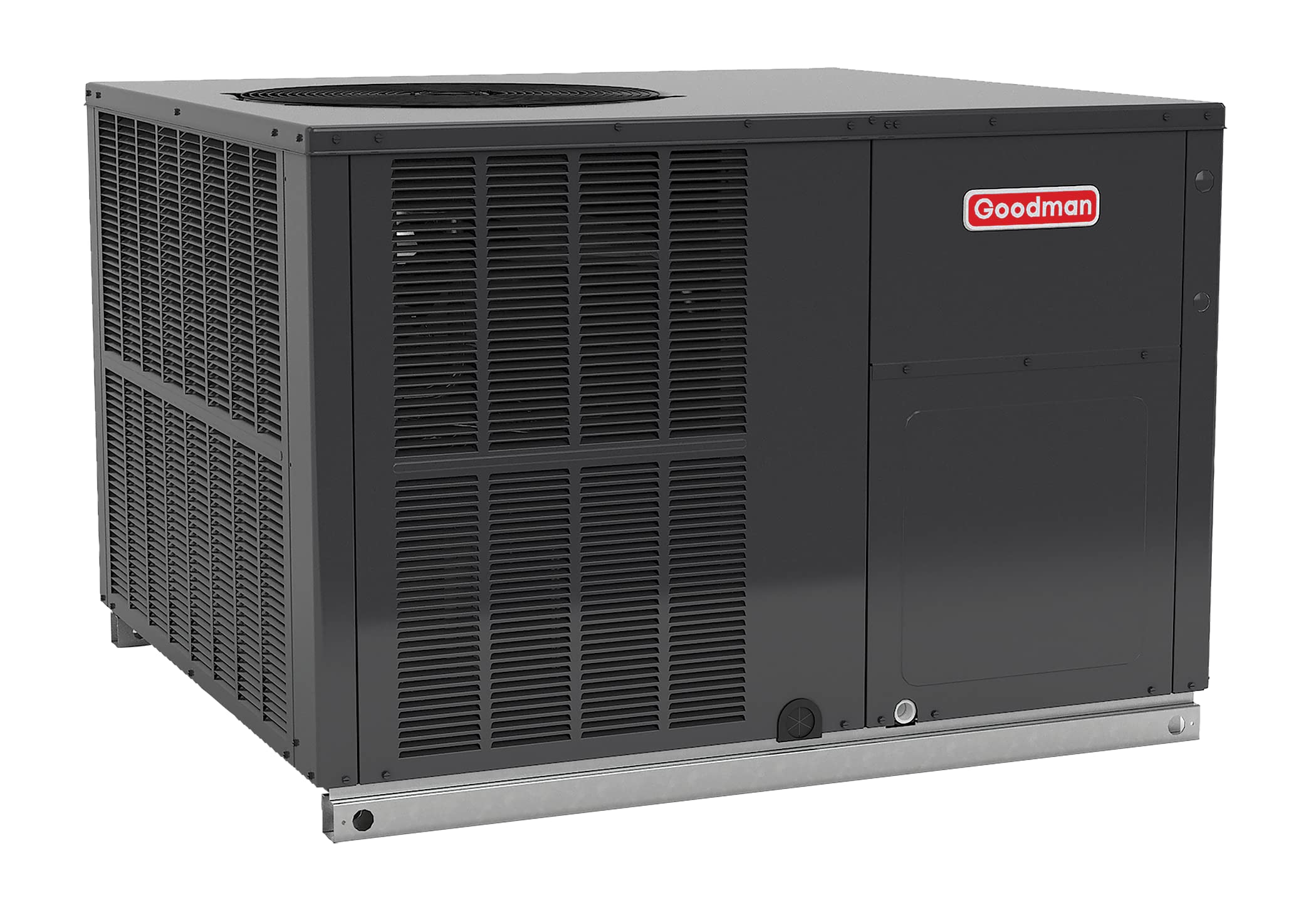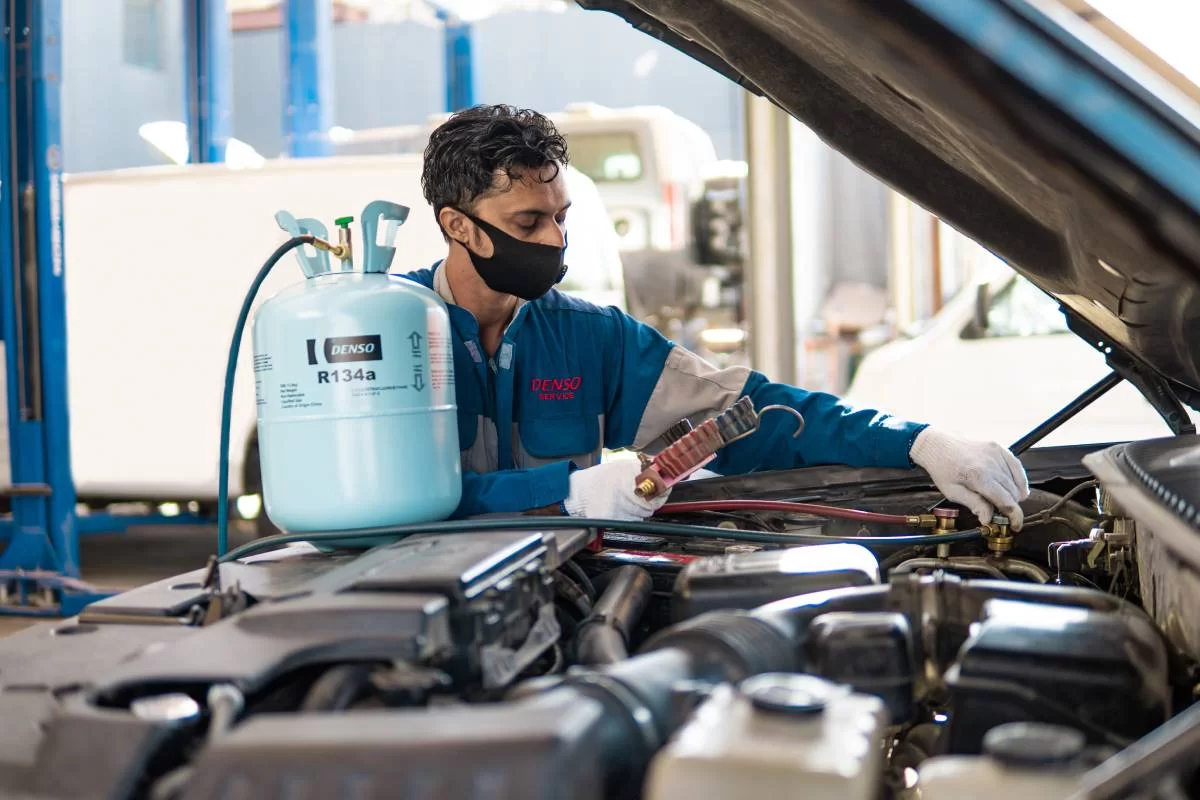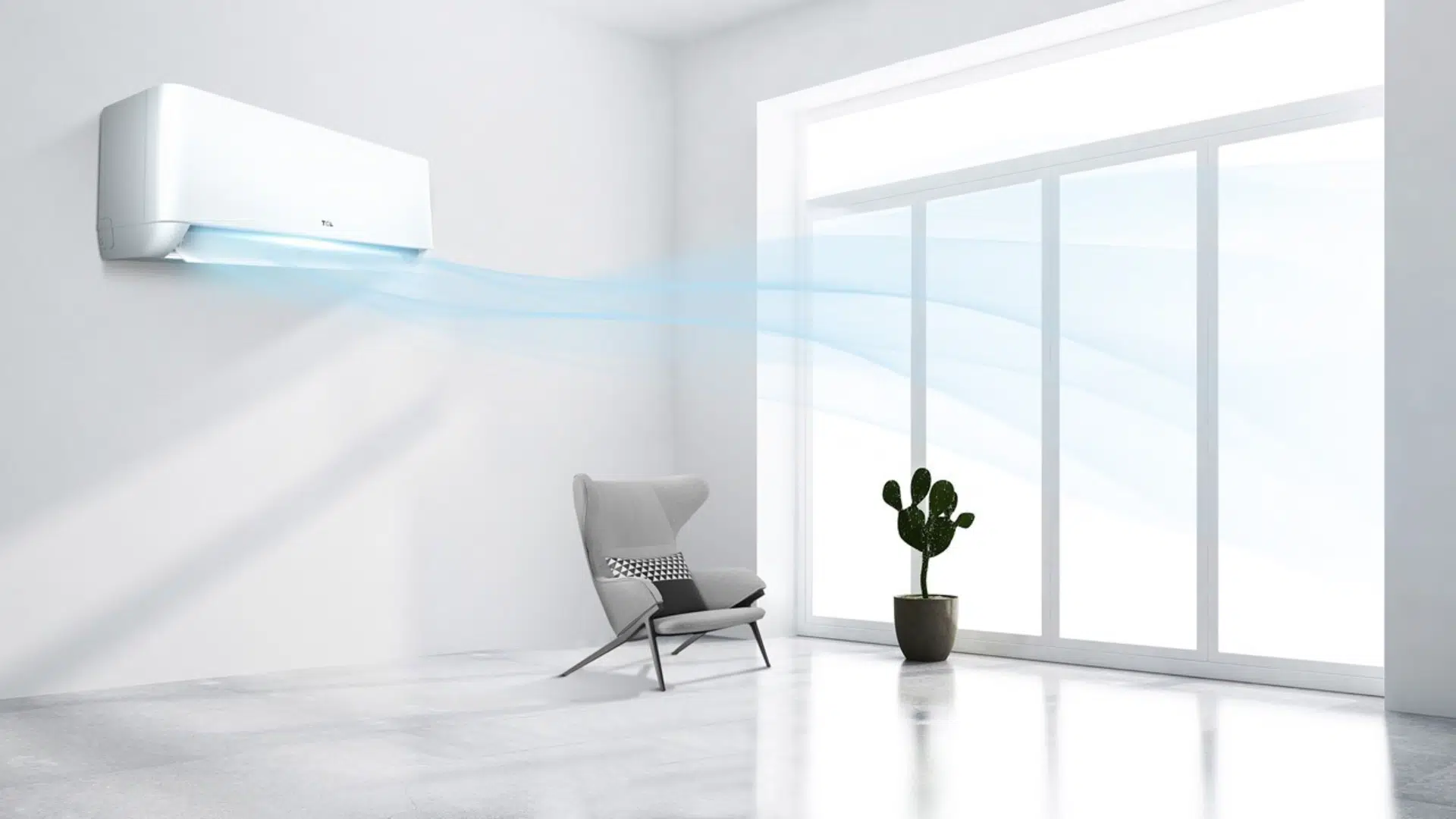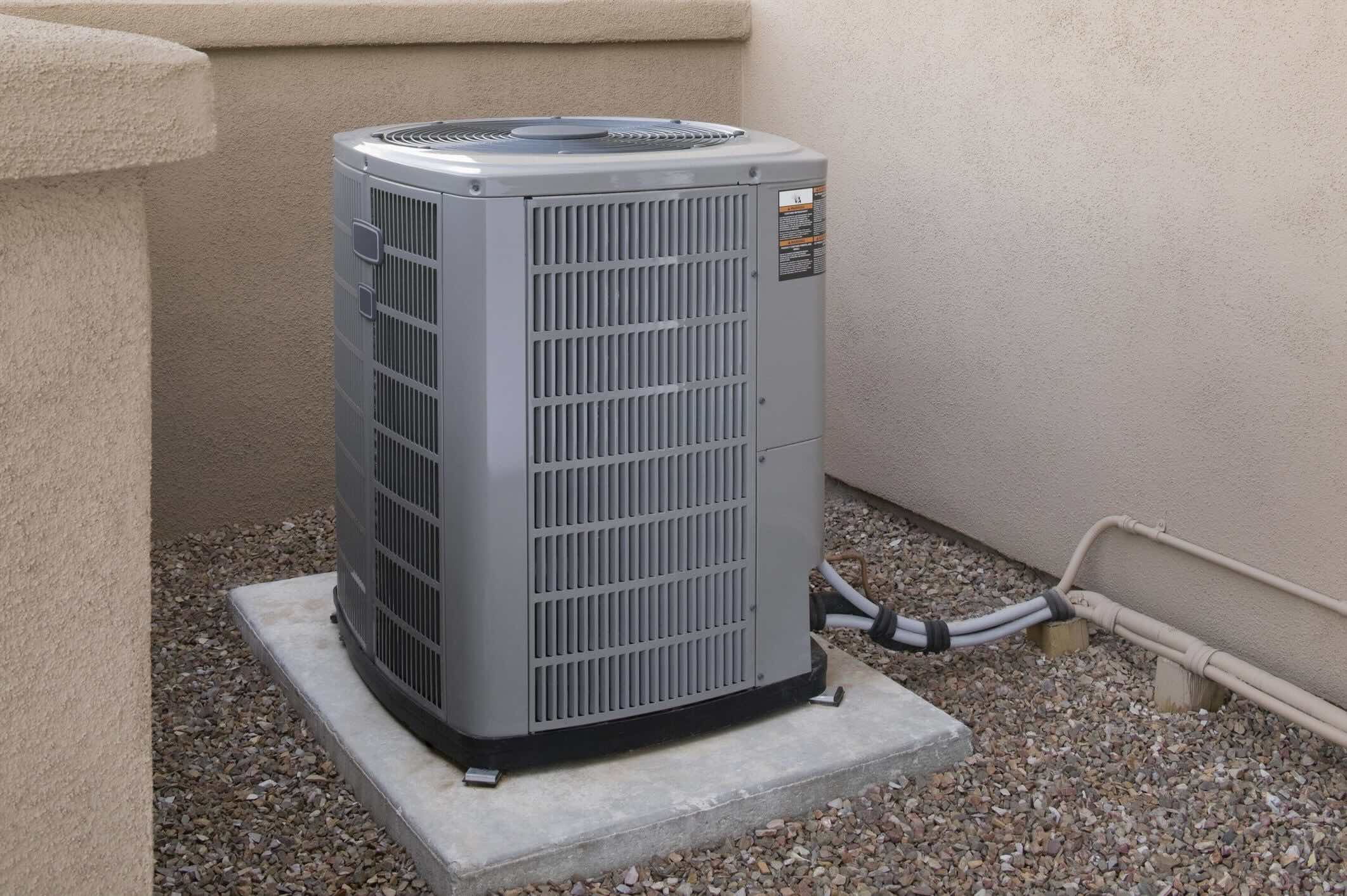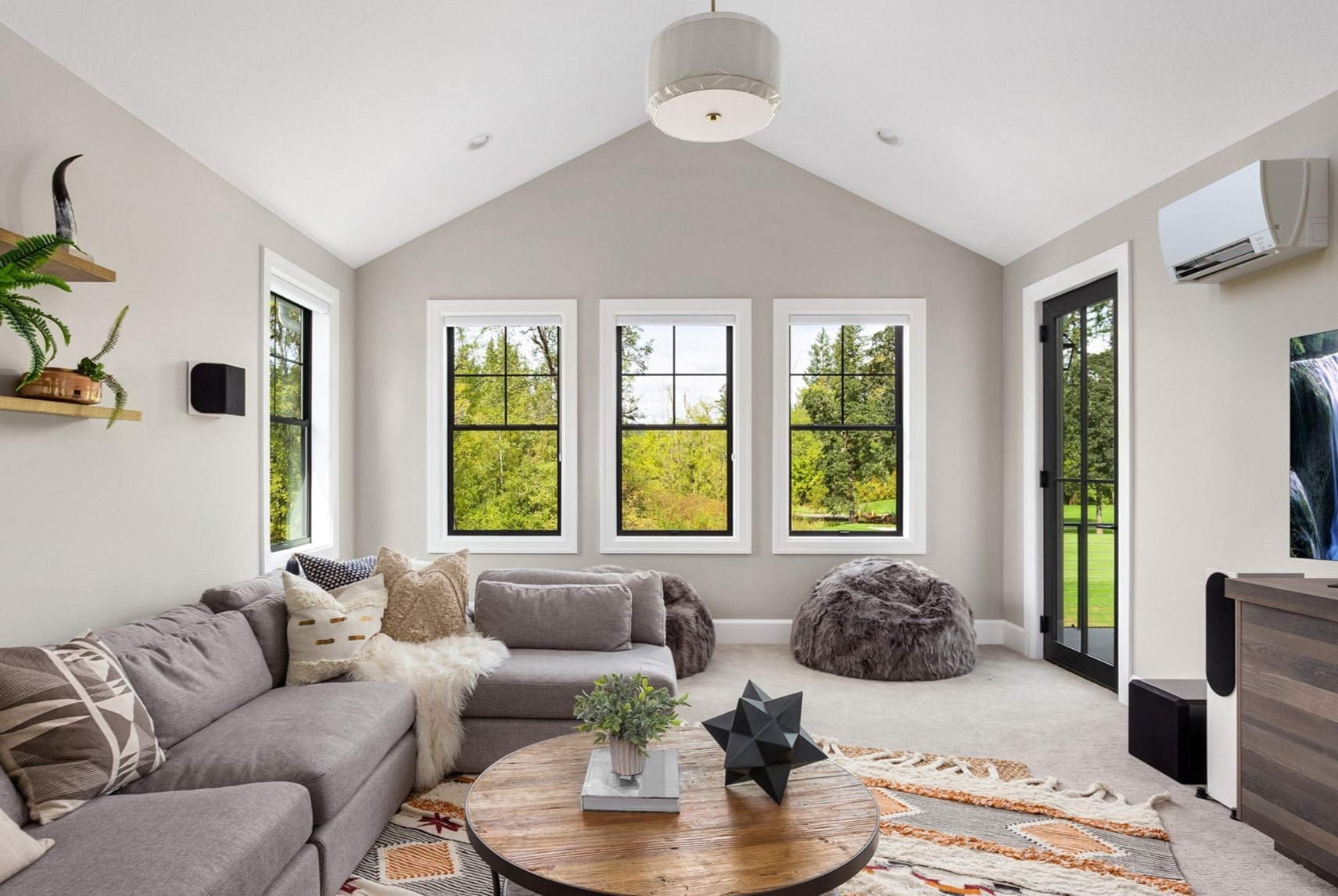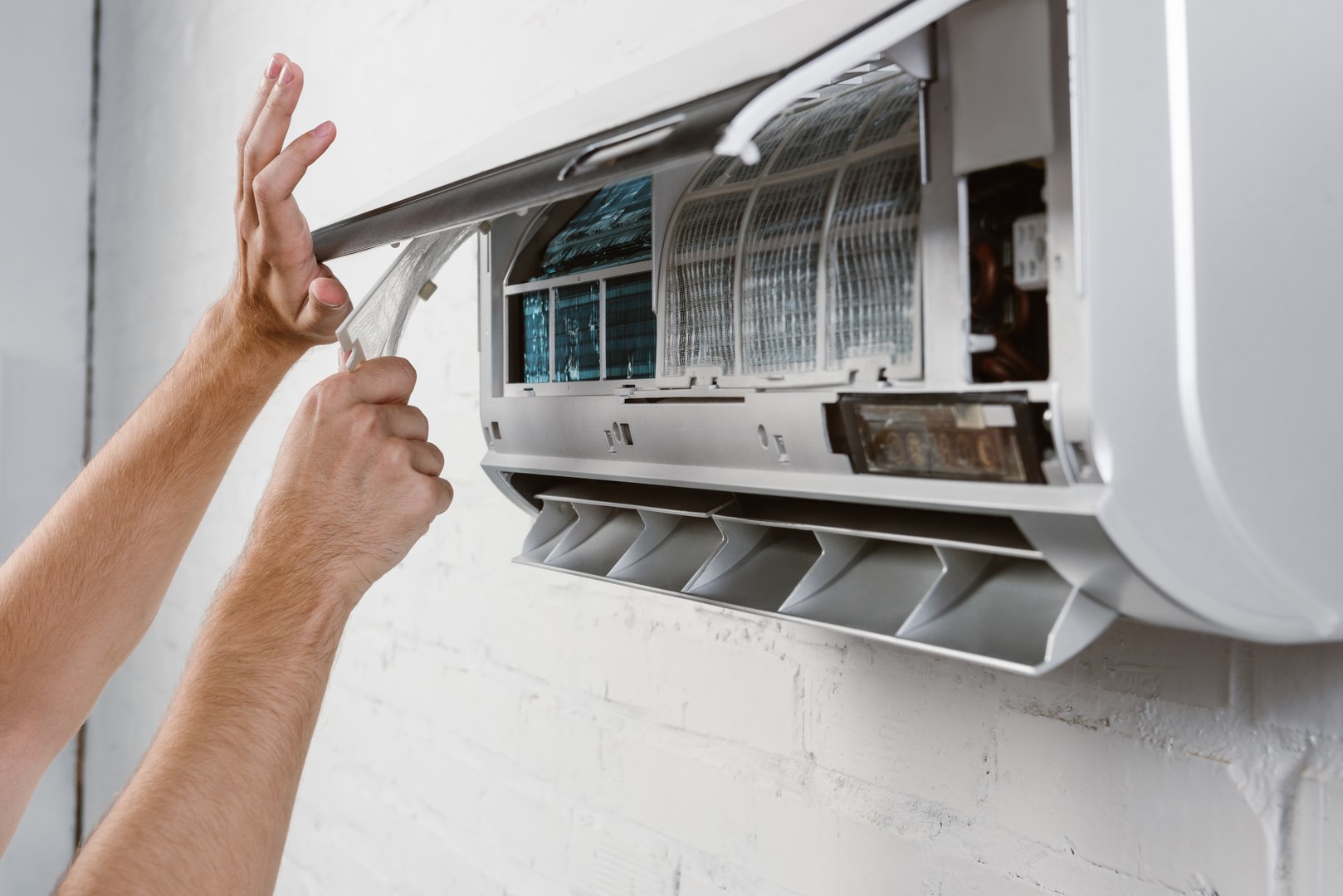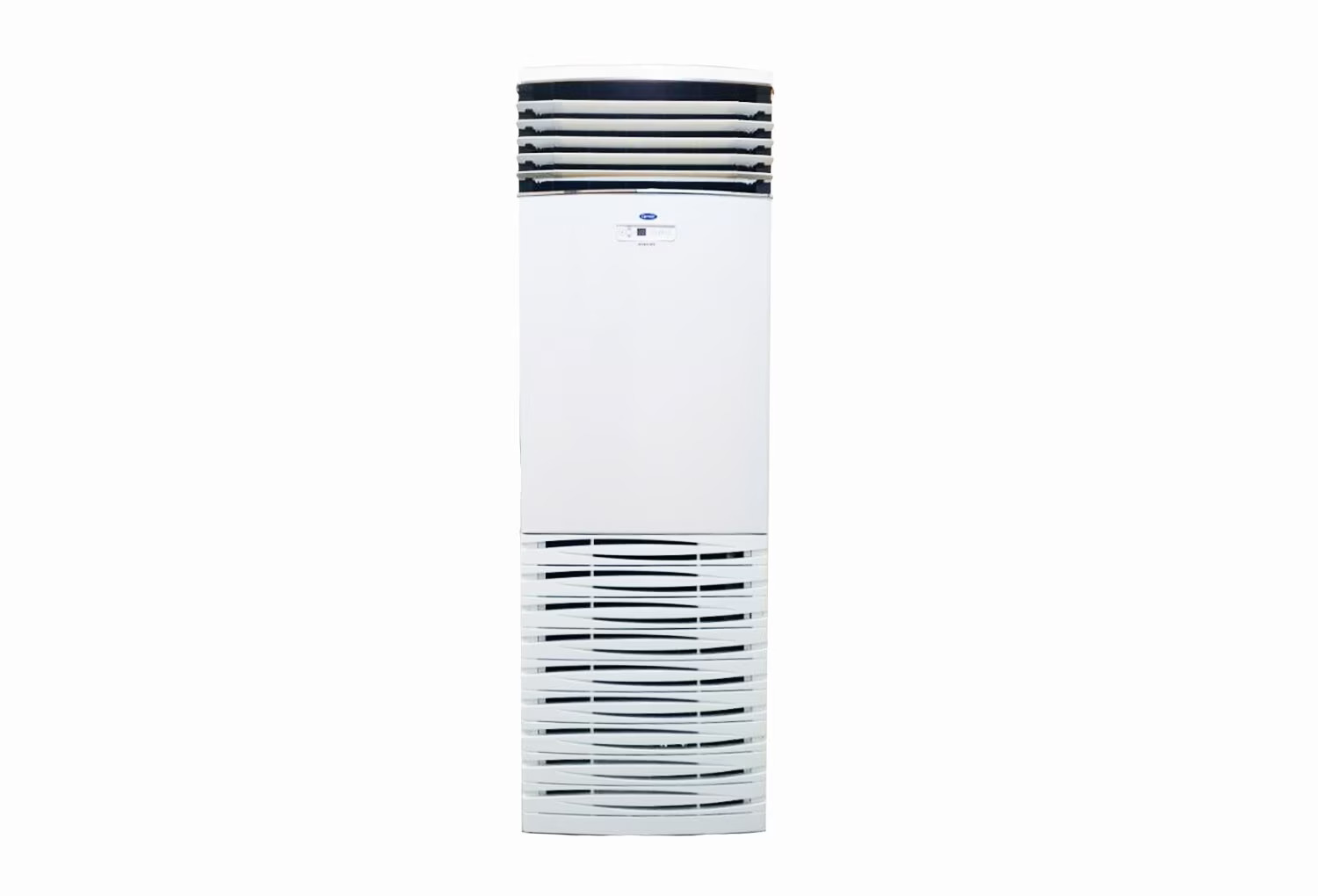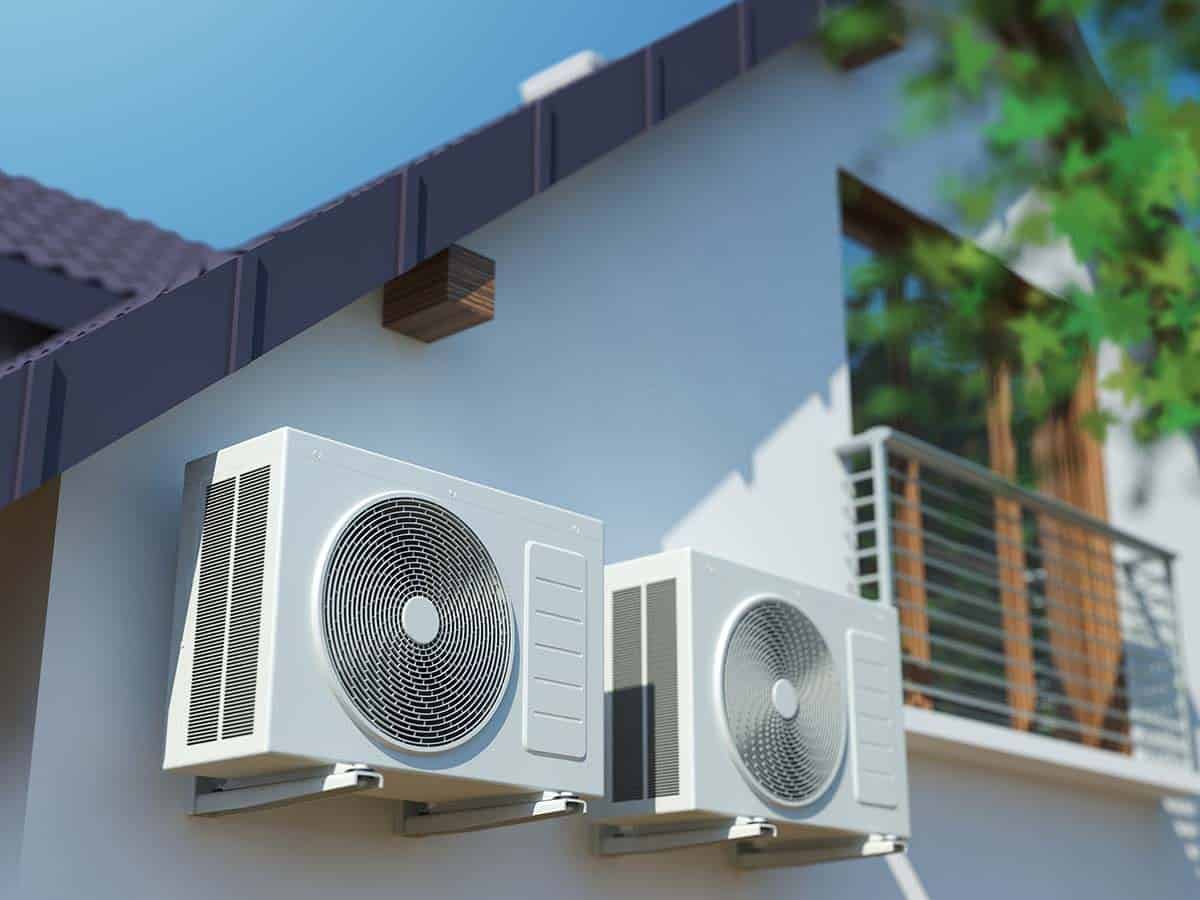Home>Home Maintenance>How Much Is A 3-Ton Air Conditioner
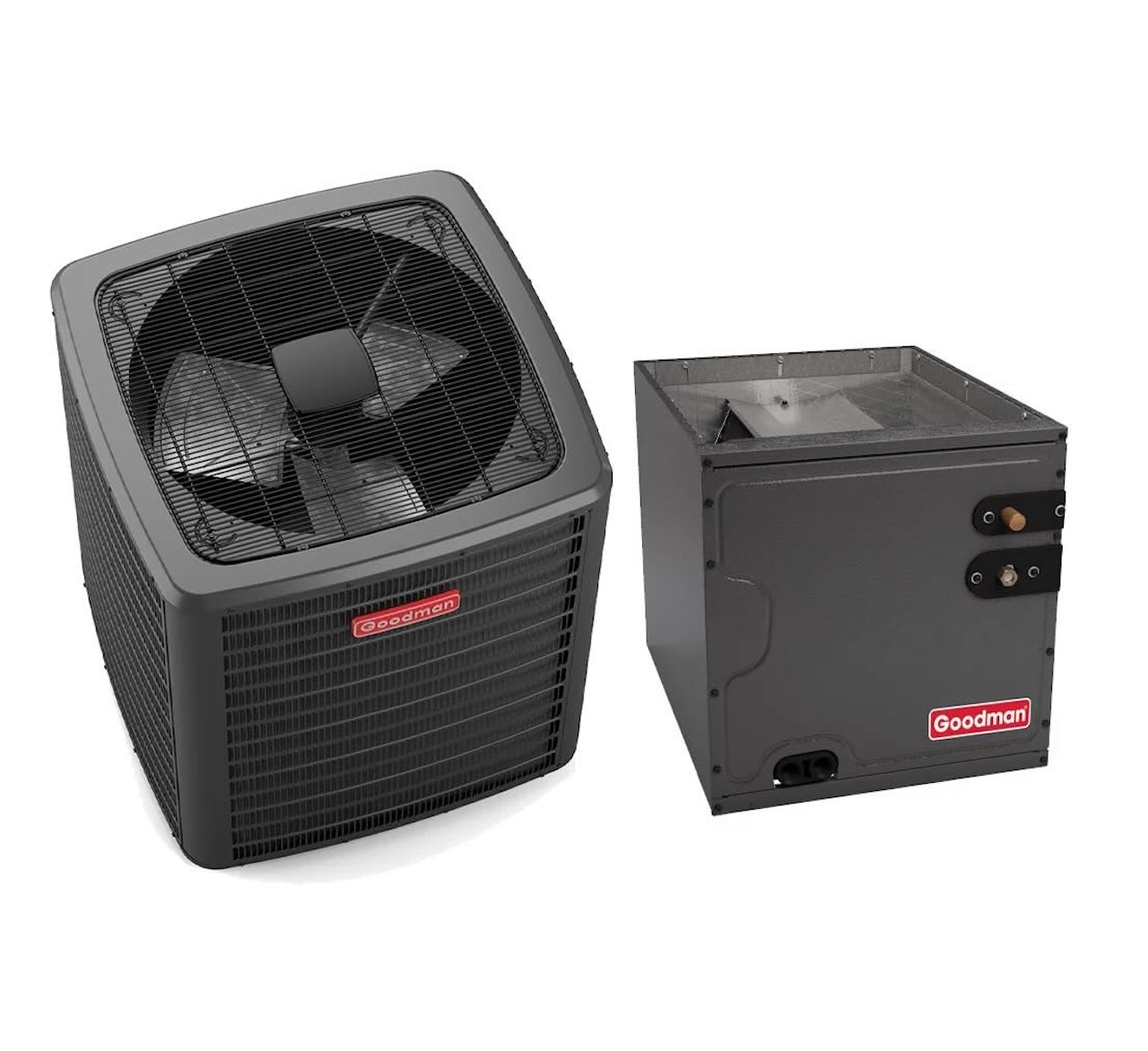

Home Maintenance
How Much Is A 3-Ton Air Conditioner
Modified: March 7, 2024
Find out the cost of a 3-ton air conditioner for your home with our comprehensive guide. Get expert tips for home maintenance and make informed decisions.
(Many of the links in this article redirect to a specific reviewed product. Your purchase of these products through affiliate links helps to generate commission for Storables.com, at no extra cost. Learn more)
Introduction
Welcome to the world of home maintenance! When it comes to keeping your home comfortable, an air conditioner plays a crucial role. But have you ever wondered how much a 3-ton air conditioner costs? In this article, we will dive into the factors that affect the cost of a 3-ton air conditioner and provide you with tips for buying the perfect unit for your home.
Before we delve into the details, let’s first understand what air conditioner tonnage means. In the HVAC world, “ton” refers to the cooling capacity of an air conditioner. One ton of cooling is equivalent to the amount of heat required to melt one ton of ice in 24 hours. So, a 3-ton air conditioner can remove three times the amount of heat that one ton can.
Now that we have a basic understanding of tonnage, let’s explore the various factors that can affect the cost of a 3-ton air conditioner.
Key Takeaways:
- Choosing a 3-ton air conditioner involves considering factors like tonnage, SEER rating, brand, and installation complexity. Researching, budgeting for additional costs, and prioritizing energy efficiency are crucial for making an informed decision.
- When buying a 3-ton air conditioner, remember to factor in installation, maintenance, and potential repair costs. Consulting with HVAC professionals, checking for rebates, and ensuring proper maintenance are essential for maximizing performance and longevity.
Read more: How Much Does A 2-Ton Air Conditioner Cost
Understanding Air Conditioner Tonnage
When it comes to air conditioners, tonnage refers to the cooling capacity of the unit. It indicates how much heat an air conditioner can remove from a space in a given amount of time. The cooling capacity is measured in British Thermal Units (BTUs) per hour. One ton is equivalent to 12,000 BTUs per hour.
Choosing the right tonnage for your air conditioner is crucial for maintaining optimal comfort in your home. A unit with insufficient tonnage may struggle to cool your space efficiently, leading to discomfort and higher energy bills. On the other hand, an oversized unit may cool the space too quickly, resulting in frequent on-off cycles and inadequate dehumidification.
So why choose a 3-ton air conditioner specifically? The tonnage required for your home depends on various factors, including the size of your space, insulation levels, ceiling height, and the number of windows and doors. A 3-ton air conditioner is typically suitable for medium-sized homes ranging from 1,500 to 2,000 square feet. However, it’s always recommended to consult with an HVAC professional to accurately determine the ideal tonnage for your specific needs.
It’s important to note that tonnage is not the sole determining factor for efficiency and comfort. The Seasonal Energy Efficiency Ratio (SEER) rating also plays a significant role. SEER measures the cooling efficiency of an air conditioner. The higher the SEER rating, the more energy-efficient the unit is. When purchasing a 3-ton air conditioner, consider opting for a unit with a higher SEER rating to save on energy costs in the long run.
Now that we have a clear understanding of air conditioner tonnage, let’s explore the factors that can influence the cost of a 3-ton unit.
Factors Affecting the Cost of a 3-Ton Air Conditioner
The cost of a 3-ton air conditioner can vary depending on several factors. Understanding these factors will help you make an informed decision and budget accordingly. Here are some key factors that can influence the price:
- Brand: The brand of the air conditioner can have a significant impact on its cost. Well-known and reputable brands often come with a higher price tag due to their reliability, performance, and warranty coverage.
- SEER Rating: As mentioned earlier, the SEER rating measures the energy efficiency of an air conditioner. Higher SEER ratings generally come with a higher price point, but they can lead to long-term energy savings by reducing your electricity bills.
- Additional Features: Certain advanced features, such as variable speed motors, smart thermostats, and noise reduction technology, can drive up the cost of a 3-ton air conditioner. While these features may enhance comfort and convenience, they may not be necessary for everyone.
- Installation Complexity: The complexity of the installation process can affect the overall cost of a 3-ton air conditioner. Factors such as the accessibility of the installation location, ductwork modifications, and electrical requirements can all impact the installation cost.
- Rebates and Incentives: Keep an eye out for any available rebates or incentives offered by the manufacturer, utility companies, or government bodies. These can help offset the upfront cost of purchasing a 3-ton air conditioner and make it more affordable.
It’s important to keep in mind that while price is a crucial consideration, it should not be the sole determining factor. Investing in a high-quality air conditioner with better energy efficiency and reliable performance can result in long-term savings and improved comfort.
Now that we have covered the factors that can affect the cost of a 3-ton air conditioner, let’s explore the pricing range you can expect to encounter.
Pricing of 3-Ton Air Conditioners
The price of a 3-ton air conditioner can vary depending on several factors, including the brand, SEER rating, additional features, and installation complexity. Generally, the cost of a 3-ton air conditioner ranges from $2,500 to $5,000, including installation.
When considering the price, keep in mind that lower-priced air conditioners may have a lower SEER rating, resulting in higher energy consumption and potentially higher long-term operating costs. On the other hand, higher-priced units often come with advanced features, better warranties, and higher SEER ratings, offering greater energy efficiency and long-term savings.
It’s essential to research different brands and models to find the right balance between cost and performance. Consider reaching out to HVAC professionals for their expertise and recommendations based on your specific needs and budget.
In addition to the upfront cost of the air conditioner itself, it’s important to factor in the cost of professional installation. A properly installed air conditioner ensures optimal performance and longevity. The installation cost can vary based on factors such as the complexity of the installation, any necessary ductwork modifications, and electrical requirements.
Remember to inquire about warranties when purchasing a 3-ton air conditioner. Most reputable manufacturers offer warranties that cover parts and labor for a certain period. Understanding the warranty coverage can provide peace of mind and protect you from unexpected repair costs.
Lastly, keep an eye out for any available rebates or incentives. Energy-efficient air conditioners may qualify for rebates or tax credits from utility companies or government programs. These incentives can help offset the initial cost and make a 3-ton air conditioner more affordable.
Now that we have discussed the pricing range of 3-ton air conditioners, let’s delve into additional costs you should consider when budgeting for your purchase.
When determining the cost of a 3-ton air conditioner, consider factors such as brand, efficiency rating, installation costs, and any additional features or warranties. It’s important to get multiple quotes and compare before making a decision.
Additional Costs to Consider
When budgeting for a 3-ton air conditioner, it’s important to consider additional costs beyond the purchase price. These costs can vary depending on your specific situation, but here are some common expenses to keep in mind:
- Installation: The cost of professional installation is a crucial factor to consider. While it’s possible to install an air conditioner yourself, it’s highly recommended to hire a licensed HVAC technician. They have the necessary knowledge and experience to ensure proper installation, which can affect the performance and longevity of the unit. The installation cost typically ranges from $1,000 to $4,000, depending on factors such as the complexity of the installation, any necessary ductwork modifications, and electrical requirements.
- Permits and Inspections: In some areas, you may require permits or inspections for air conditioner installation. These costs can vary depending on local regulations and may need to be factored into your budget.
- Maintenance and Repairs: To keep your 3-ton air conditioner running smoothly, regular maintenance is essential. This includes tasks such as cleaning or replacing air filters, inspecting and cleaning coils, and checking refrigerant levels. Budgeting for annual maintenance and any potential repairs is important for the continued efficiency and lifespan of your air conditioner.
- Energy Costs: While energy costs are not a direct expense associated with the purchase, it’s important to consider the long-term operating costs. A more energy-efficient air conditioner with a higher SEER rating may have a higher upfront cost but can lead to significant savings over time through reduced energy consumption.
- Extended Warranties: While many manufacturers offer warranties for their air conditioners, you may have the option to purchase extended warranties for additional coverage. These warranties can provide peace of mind and protect you from unexpected repair costs, but they come at an extra expense.
By considering these additional costs, you can have a more accurate estimate of the overall investment required for your 3-ton air conditioner. Now let’s move on to some tips for buying a 3-ton air conditioner.
Tips for Buying a 3-Ton Air Conditioner
When purchasing a 3-ton air conditioner, there are several important factors to consider. Taking these tips into account can help you make an informed decision and ensure you choose the right unit for your home:
- Calculate the Cooling Capacity: While a 3-ton air conditioner is suitable for medium-sized homes, it’s essential to accurately calculate the cooling capacity required for your specific space. Factors such as the size of your home, insulation levels, ceiling height, and the number of windows and doors should be considered.
- Research Brands and Models: Look for reputable brands that have a track record of reliability and customer satisfaction. Read reviews and compare different models to find one that meets your needs in terms of performance, energy efficiency, and additional features.
- Consider Energy Efficiency: Opt for an air conditioner with a higher SEER rating to ensure energy efficiency. Although units with higher SEER ratings may have a higher upfront cost, they can result in significant long-term energy savings, ultimately offsetting the initial investment.
- Consult with HVAC Professionals: It’s always a good idea to consult with licensed HVAC professionals before making a final decision. They can assess your home’s specific requirements, recommend suitable options, and provide guidance on installation and maintenance.
- Budget for Installation and Additional Costs: Remember to factor in the cost of professional installation and any additional expenses, such as permits, inspections, maintenance, and potential repairs. Setting a realistic budget that considers these costs is crucial for a smooth buying process.
- Check Warranty Coverage: Review the warranty coverage offered by the manufacturer and consider if an extended warranty is worth the additional investment. Understanding the warranty terms and policies can give you peace of mind and protect you from unexpected repair costs.
- Look for Rebates and Incentives: Research any available rebates or incentives provided by manufacturers, utility companies, or government programs. These can help lower the upfront cost of purchasing a 3-ton air conditioner and make it more affordable.
- Ensure Proper Maintenance: Once you have installed your 3-ton air conditioner, ensure regular maintenance to keep it operating efficiently. Follow the manufacturer’s guidelines for maintenance tasks like cleaning or replacing air filters and scheduling professional tune-ups. Proper maintenance can extend the lifespan of your unit and ensure optimal performance.
By following these tips, you can confidently navigate the process of purchasing a 3-ton air conditioner and select the right unit that meets your home’s cooling needs. Now, let’s conclude our discussion.
Conclusion
Choosing the right 3-ton air conditioner for your home is an important decision that can significantly impact your comfort and energy costs. By understanding air conditioner tonnage, considering the factors that affect the cost, and following the tips for buying a 3-ton air conditioner, you can make an informed decision that meets your needs and budget.
Remember, tonnage is not the only factor to consider; the SEER rating, brand, additional features, installation complexity, and warranty coverage also play a crucial role in determining the price and overall value of the unit.
When budgeting for a 3-ton air conditioner, consider not only the upfront cost, but also the expenses associated with installation, maintenance, energy consumption, and potential repairs. By factoring in these additional costs, you can have a realistic estimate of the total investment required.
Researching different brands and models, consulting with HVAC professionals, and checking for available rebates and incentives can help you find the right 3-ton air conditioner for your home. Prioritizing energy efficiency, considering long-term savings, and ensuring proper maintenance are vital for maximizing the performance and lifespan of your air conditioner.
Now, armed with this knowledge, you are ready to make an informed decision and enjoy the comfort of a properly sized and efficient 3-ton air conditioner in your home. Stay cool!
Frequently Asked Questions about How Much Is A 3-Ton Air Conditioner
Was this page helpful?
At Storables.com, we guarantee accurate and reliable information. Our content, validated by Expert Board Contributors, is crafted following stringent Editorial Policies. We're committed to providing you with well-researched, expert-backed insights for all your informational needs.
